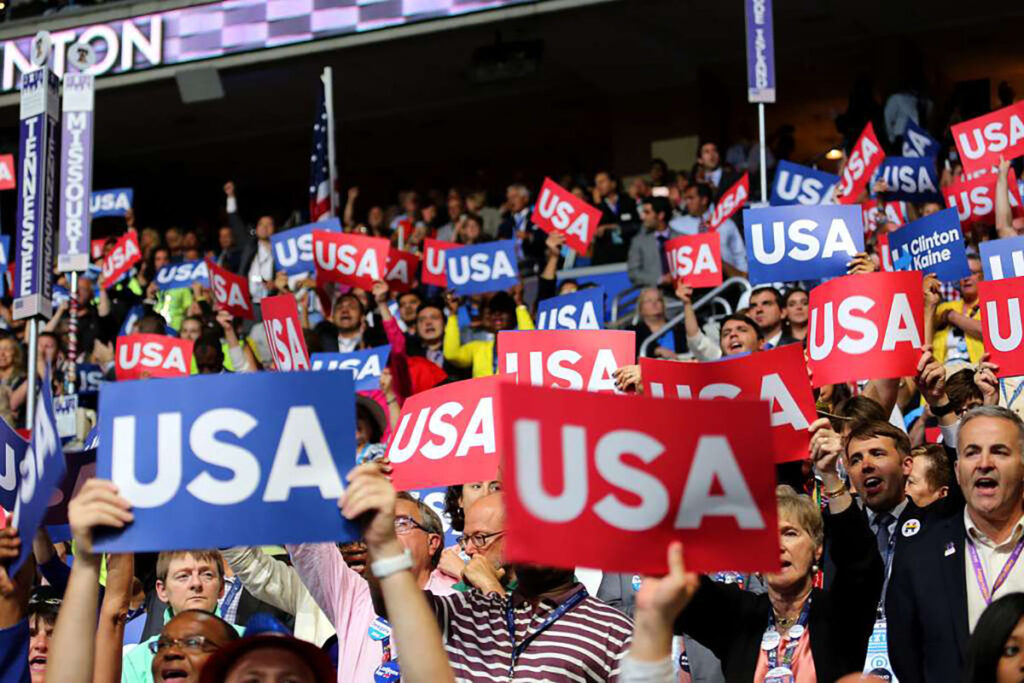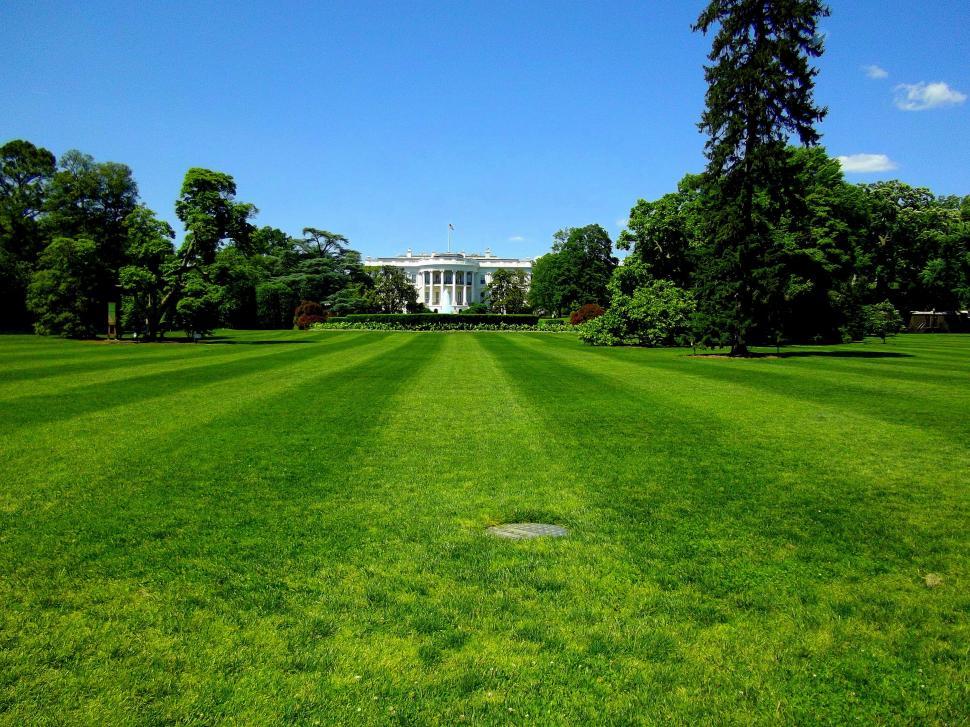By Dr Ronán Feehily, University of Canterbury
 The imminent withdrawal of the United Kingdom (UK) from the European Union (EU) has brought into sharp focus the likely impact that a “no-deal” Brexit will have on peace in Northern Ireland. A question that has emerged as part of the Brexit negotiations is: can negotiators maintain the “open” border between Northern Ireland and Ireland that has been so crucial to peace? A “hard” militarised border (more about which will be elucidated later in this piece) may return in the event that the UK leaves the EU without a withdrawal agreement that guarantees an open border. This latter outcome could reignite sectarian tensions and render inoperative key aspects of the peace agreement that has given the region relative stability over the past twenty years. Brexit negotiations thus have consequences beyond Britain: negotiators may imperil key stakeholders in Northern Ireland (by continuing the current impasse) or they may find ways to engage those stakeholders and strengthen peace.
The imminent withdrawal of the United Kingdom (UK) from the European Union (EU) has brought into sharp focus the likely impact that a “no-deal” Brexit will have on peace in Northern Ireland. A question that has emerged as part of the Brexit negotiations is: can negotiators maintain the “open” border between Northern Ireland and Ireland that has been so crucial to peace? A “hard” militarised border (more about which will be elucidated later in this piece) may return in the event that the UK leaves the EU without a withdrawal agreement that guarantees an open border. This latter outcome could reignite sectarian tensions and render inoperative key aspects of the peace agreement that has given the region relative stability over the past twenty years. Brexit negotiations thus have consequences beyond Britain: negotiators may imperil key stakeholders in Northern Ireland (by continuing the current impasse) or they may find ways to engage those stakeholders and strengthen peace.
A bit of historical context helps to frame these current questions. The UK has had a governing influence over parts of Ireland for over eight centuries. In terms of relatively recent history, Irish independence in 1922 followed the partition of the island the previous year. The Northern Ireland state was characterised by sectarian discrimination, resulting in social and economic inequalities between the two communities and ultimately in conflict from 1969 until 1998. Known as “the troubles”, the conflict resulted in the death of over 3,500 people. The central issue was the constitutional status of Northern Ireland. Generally, Unionists/Loyalists comprising the majority wanted to remain part of the UK, while Nationalists/Republicans, the minority community, wanted British withdrawal and the reunification of Ireland. Unionists and Nationalists traditionally followed constitutional means of achieving their aims, while Loyalists and Republicans were aligned with their respective paramilitary groups that pursued violent means. A peace deal agreed in April 1998, the Good Friday Agreement (the “Agreement”), created a power-sharing government. That Agreement’s key stakeholders include the UK and Irish governments, and the majority of political parties in Northern Ireland representing all of the main traditions. Overwhelming majorities in both Northern Ireland and Ireland supported the Agreement in simultaneous referenda. While the Agreement confirmed that Northern Ireland is a part of the UK, it provided that Ireland could be reunited if that was supported in a vote by majorities in both Northern Ireland and Ireland. Devolution of authority was also provided in the Agreement over certain policy areas from the UK Parliament to a newly created assembly in Belfast, and paramilitary groups agreed to decommission their weapons (and their political representatives joined the political process). The Agreement has contributed to a sharp reduction in violence. Two decades on, most of the Agreement has been implemented. While powers were initially devolved to the Northern Ireland assembly in late 1999, political disagreements have resulted in the assembly being suspended on numerous occasions, most recently in January 2017, and Northern Ireland remains without a devolved government since then.
The paramilitary ceasefires and the signing of the Agreement did not lead to a complete end to violence. Following the Agreement, sectarian attacks between the communities led to a new cycle of degeneration in community relations. Paramilitary groups orchestrated an informal system of justice through curfews and by warning, excluding, beating, or even shooting those who did not conform to the social or militant norms of their group. While community-based restorative justice projects have had some success within each community, and to some extent between the communities in dealing with these issues, the ongoing violence persists (albeit not as destructively as during the troubles). This fragility highlights the importance of respecting the interests of all of the stakeholders to the Agreement, and maintaining their involvement and commitment.
One would be forgiven for thinking that the Good Friday Agreement is a domestic instrument that the UK government could revoke at will without consideration of other stakeholders who were instrumental in securing and sustaining peace. This attitude towards the Agreement was demonstrated during the Brexit referendum debates, when little attention was paid to Northern Ireland or the impact that UK withdrawal from the EU would have. For example, when the critical issue of the border did arise, political proponents of Brexit have raised various technological solutions to the issue of the border. They have suggested that when the UK finally left the EU, options such as drones or an extensive system of artificial intelligence could be employed to monitor border crossings to ensure that the border would remain frictionless and invisible. Even if such technologies could be put to such use, this solution would result in effectively monitoring everyone and everything that crossed the border, making it one of the most closely observed and therefore political crossings in the world, significantly undermining the Agreement. Similarly, negotiators have failed to meaningfully discuss other impacts that the UK’s withdrawal could have on the Agreement. For example, the European Convention on Human Rights (ECHR) is an integral part of the framework of the Agreement and legislation passed by the Northern Irish assembly must be consistent with it. Following the UK’s withdrawal from the EU, it is likely that the UK will withdraw from the ECHR and will no longer be subject to convention jurisprudence, which would have significant human rights implications.
A “soft” border between Northern Ireland and Ireland was central to the Agreement, and any reversal of this position would be seen as a betrayal by the vast majority of people on the island of Ireland who support the Agreement. Apart from the free movement of people and goods between Ireland and Northern Ireland, as a result of the Agreement, there are over 140 points of Irish-Northern Irish cross-border cooperation, including health care services, energy infrastructure and policing. A disruption to this cooperation would undermine the Agreement and threaten peace. Indeed the uncertainty over Brexit, the possible return of a “hard” militarised border and its impact on Northern Ireland has already been seized upon by dissident republican paramilitaries. In recent months, these paramilitary groups have increased their activities, as demonstrated by a car bombing in Derry in January. This resurgence in paramilitary violence should be all the indication we need to see that the Brexit negotiations are not occurring in a vacuum. Ignoring key stakeholders – in this case, the groups in Northern Ireland that are central to building peace and sustaining the Agreement – can have dire and far-reaching consequences.
The negotiations on a Brexit withdrawal agreement have faltered on one primary issue: the backstop. The backstop is effectively a legal guarantee that if the EU and UK cannot reach an agreement on their future trade relationship, Northern Ireland will remain within the EU’s regulatory and customs union indefinitely, maintaining a “soft” border on the island of Ireland consistent with the Agreement. The UK parliament has defeated a proposed withdrawal agreement which included the backstop on three occasions. The EU is adamant that there can be no withdrawal agreement without the backstop. The difficulty of finding agreement on the inclusion of the backstop in the withdrawal agreement is compounded by another political consideration. The UK minority government is dependent upon the main Northern Irish Unionist party, a supporter of Brexit, for political support through a confidence and supply agreement in order to remain in power. Any agreement that could result in Northern Ireland being treated differently to the rest of the UK would lead to the withdrawal of Unionist support and the collapse of the UK government. Unionist political leaders are out of kilter with their own constituents on this issue, as a clear majority of the electorate in Northern Ireland voted to remain in the EU. Similarly, opinion on both sides of the Irish border has consistently reflected that majorities oppose the return of a “hard” border. Hence, Unionist political leaders are effectively prioritising the union between Northern Ireland and Britain, above the clear demands of their own constituents, in their determination to leave the EU with the rest of the UK, with inevitable adverse consequences for the Agreement should a “no deal” Brexit result.
The clear lesson from the Northern Ireland experience is the importance of sustained respect for all stakeholders to an agreement and the consequences that can result if their interests are ignored. It is easy to get swept up in moments of political opportunity and neglect commitments to past agreements. New negotiations take center stage, and suddenly what was once a monumental achievement is viewed as an inconvenience in achieving other political goals. But UK Brexit negotiators would do well to remember and appreciate that despite the inconsistent nature of political governance in Northern Ireland, the region has enjoyed relative stability and peace since the Agreement. And, that peace was hard-fought and proved very elusive for many dark decades.
The Agreement largely came about because of international involvement, particularly the helpful intervention of the United States. The skilful stewardship of the negotiations by Senator George Mitchell was instrumental in bringing the process to a successful conclusion. Similarly, President Clinton’s support throughout the process was critical. On a visit to Northern Ireland in 2018 to mark the twentieth anniversary of the Agreement, President Clinton remarked “The Good Friday Agreement is a work of genius that’s applicable if you care at all about preserving democracy”. There is little doubt that international involvement is again required if this “work of genius” is to survive the Brexit negotiations. In remarks delivered to the Irish parliament in April, US Speaker of the House Nancy Pelosi said “We must ensure that nothing happens in the Brexit discussions that imperils the Good Friday Agreement…including but not limited to, the seamless border”. Speaker Pelosi warned that there was “no chance” of a post-Brexit US-UK trade deal if the Agreement is compromised. Such comments are encouraging, and it is to be hoped that this support for the Agreement translates into sustained US government policy that will assist in ensuring that the conclusion of the Brexit negotiations will not result in the Agreement being undermined.
Following centuries of complex history and protracted conflict, peace in Northern Ireland, to borrow the words of Yeats, “came dropping slow”. The peace, therefore, is fragile. It must be nurtured and protected, and the Agreement that facilitated its arrival and sustained it over the past two decades must be honored and respected.









